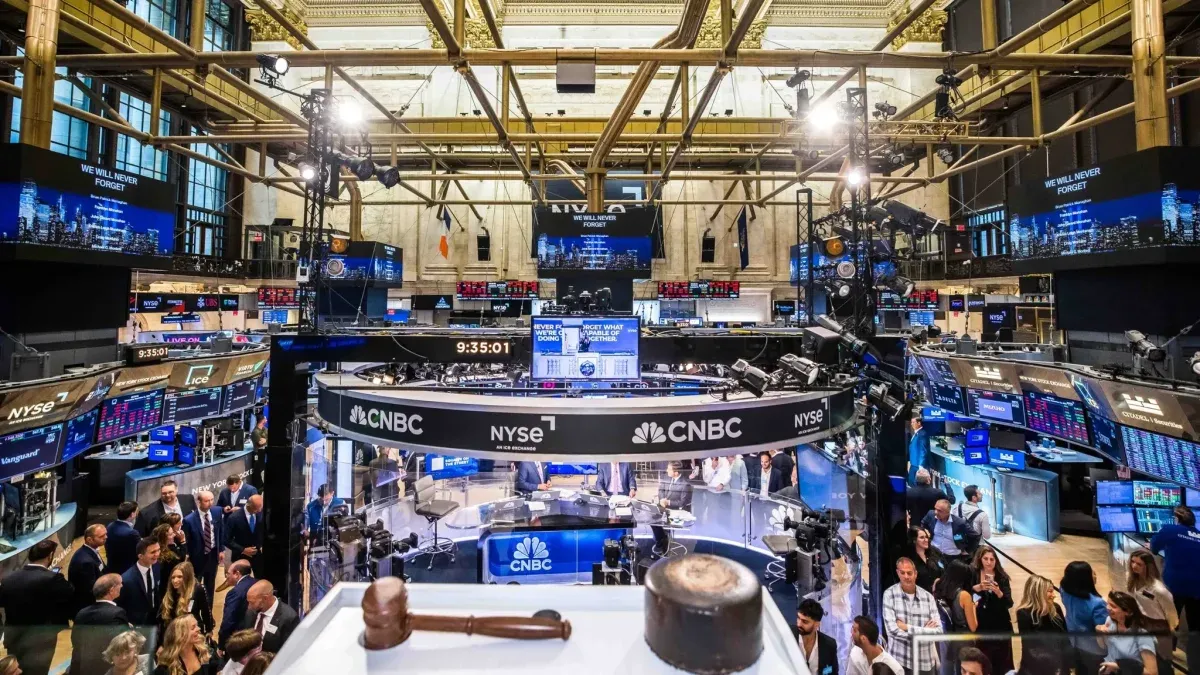Argentina is experiencing a very complex economic context in which the dollar shortage It is one of the central issues and, within this framework, some news such as the disbursement of the International Monetary Fund (IMF) and the announcement of the entry into the BRICS bloc have a lot of resonance. The Economist Miguel Kigueldirector of the consultancy Ecoviews and former president of Banco Hipotecario, spoke with Ambit regarding these issues and how to solve the problem of reserves that the Central Bank (BCRA) is going through
kiguel analyzes in this talk how the entry to the Brics with the agreement with the IMF, the timing of these announcements and what new paths remain to strengthen the flow of dollars to the BCRA. Likewise, he points out that the focus of Argentine foreign policy should be on “opening up new markets that are closed today.”
Journalist: How do you evaluate the recent announcement of the agreement for Argentina to enter the BRICS?
Miguel Kiguel: It is important to become part of a group that includes many large countries, such as Brazil, China, India and RussiaThey represent a large percentage of the world’s population. It is an interesting group to be part of, and it is true that not all the nations that make it up have a permanent political identification, since, for example, Brazil has had a right-wing government and now Lula returned, but it is undeniable that the moment , taking into account the situation in Russia, I do not think the best to make this announcement.
On the other hand, I believe that, although it is good to be in the group of large emerging countries, and that, over time, commercial and financing windows will probably open up, it is not necessary to generate much expectation that many will arrive. loans to Argentina. Because the situation is very complex and the country needs to fix the domestic part to move forward in that direction.
Q.: Do you think, as many have pointed out, that this step could be counterproductive with the agreement with the IMF?
MK: I don’t think the two agreements will collide. Argentina can be part of many blocks. It is good to be in the group of large emerging countries, although in the short term it is not ideal because there are many of that group that have made decisions that go against the interests of Europe and the United States. I believe that the focus of Argentina’s international policy should be elsewhere, such as trying to open markets that are closed today. For me, for example, resuming the European Union Mercosur agreement and trying to strengthen trade with Asia is very important.
Miguel Kiguel (file photo).
Miguel Kiguel (file photo).
Q.: Why is the BCRA managing to buy dollars now and what can it do to further strengthen its reserves and stop the bleeding?
MK: Much of the reason why it is managing to accumulate a little is because the BCRA is not approving almost SIRA licenses, nor payments abroad. You talk to the importers and the faucet is almost closed. The devaluation also helped because exporters began to anticipate some liquidations.
It is true that the exchange rate is a bit more competitive now, but since it is fixed until October, the devaluation will eat it up. So, exporters are now taking advantage of the moment of greater competitiveness, but what comes later is going to imply a cut in liquidations.
Q.: Where can there be another window for the Government to have a bit of relief in terms of reserves until the elections?
MK: I don’t know, it’s hard. Massa also has a lot of imagination and maybe he will take another rabbit out of the hat at some point. But, for example, an issue to review, which is not expected to be done, but it would be good if it were addressed, is to end the subsidy of the dollar card and Qatar, which costs the BCRA US$400 million per month. It’s not much, but when you don’t have anything, it’s a lot. We must try to send more operations to the parallel dollars and remove them from the official market.
Another key issue would be to stop intervening the MEP dollar. Because, if they insist on that policy, they are going to continue spending dollars around what they should spend on imports for the industry. Because companies are very concerned about that.
Source: Ambito




